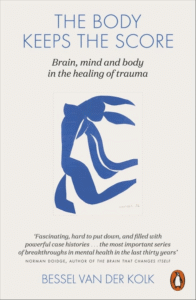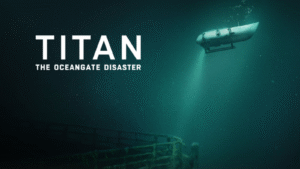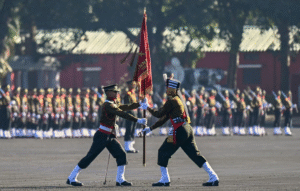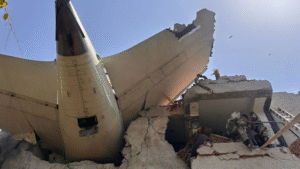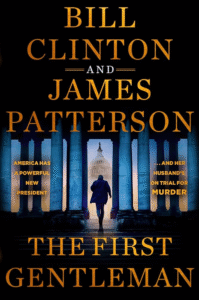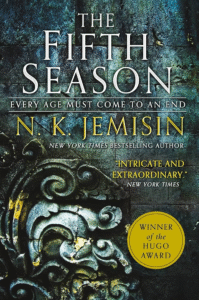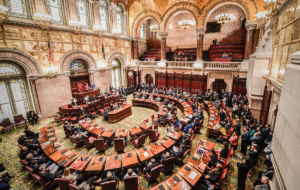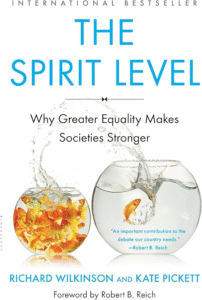The Enduring Echo: Why Preserving Cultural Heritage Matters in a Modern World
In the relentless march of progress that defines our modern world, characterized by rapid technological advancements, globalization, and a constant pursuit of the new, the significance of preserving cultural heritage might seem like a nostalgic indulgence. Yet, far from being a relic of the past, cultural heritage – encompassing tangible artifacts, intangible traditions, and natural sites – serves as the bedrock of identity, a vital source of knowledge, and a crucial link to our collective human story. In an era of increasing homogenization and fleeting trends, its preservation is not merely an act of sentimentality, but a fundamental necessity for a richer, more informed, and ultimately more human future.

The Bedrock of Identity and Collective Memory
At its core, cultural heritage provides a profound sense of identity, both for individuals and communities. It connects us to the narratives, struggles, and triumphs of our ancestors, offering a tangible and intangible link to the past that shapes our present understanding of who we are. The architecture of ancient cities whispers tales of past civilizations, traditional crafts embody generations of skill and ingenuity, and oral histories preserve the wisdom and experiences of those who came before us. This connection fosters a sense of belonging, shared values, and collective memory, strengthening social cohesion and providing a framework for cultural continuity in a rapidly changing world. In an age where displacement and migration are increasingly common, cultural heritage can serve as an anchor, offering a sense of rootedness and familiarity amidst unfamiliar surroundings.
A Repository of Knowledge and Wisdom
Furthermore, cultural heritage is an invaluable repository of knowledge and wisdom. Traditional practices in agriculture, medicine, and craftsmanship often hold sustainable solutions and ecological understanding that can inform modern approaches to these fields. Archaeological sites offer crucial insights into past climates, societal structures, and technological innovations, providing lessons that can help us navigate contemporary challenges. The study of historical texts and artistic expressions allows us to understand the evolution of human thought, creativity, and belief systems, enriching our intellectual landscape and fostering critical thinking. To neglect this heritage is to willfully ignore a vast library of human experience, limiting our capacity for innovation and problem-solving.
Fostering Diversity and Intercultural Understanding in a Globalized World
In an increasingly globalized world, the preservation of cultural heritage is also vital for maintaining diversity and fostering intercultural understanding. Each culture possesses a unique tapestry of traditions, languages, art forms, and beliefs that contribute to the richness of the human experience. By safeguarding these distinct expressions, we ensure that the world remains a vibrant mosaic rather than a homogenous blend. Moreover, exposure to different cultural heritages promotes empathy, tolerance, and respect for other ways of life, breaking down stereotypes and fostering dialogue in an interconnected world. The recognition and appreciation of diverse heritages can be a powerful tool for building bridges between communities and nations.
The Multifaceted Challenges to Preservation in the Modern Era
However, preserving cultural heritage in the modern world faces numerous challenges. Natural disasters, armed conflicts, urbanization, and the pressures of economic development pose significant threats to both tangible and intangible heritage. The allure of modernization can sometimes lead to the neglect or even deliberate destruction of historical sites and traditional practices. Furthermore, the commodification of culture for tourism can sometimes undermine its authenticity and intrinsic value.
A Collective Responsibility for Safeguarding Our Shared Heritage
Addressing these challenges requires a concerted and multifaceted approach. Governments, international organizations, local communities, and individuals all have a role to play in safeguarding our shared heritage. This includes enacting and enforcing protective legislation, investing in conservation and restoration efforts, promoting sustainable tourism practices, and actively engaging communities in the preservation and transmission of their cultural traditions. Education plays a crucial role in fostering awareness and appreciation for cultural heritage among younger generations, ensuring its continued relevance and value.
Conclusion: Investing in Our Past for a Richer Future
In conclusion, the preservation of cultural heritage is not a sentimental attachment to the past, but a vital investment in our present and future. It provides a crucial sense of identity, offers invaluable knowledge and wisdom, fosters cultural diversity and understanding, and enriches the human experience. In a modern world characterized by rapid change and increasing interconnectedness, safeguarding the echoes of our past is essential for navigating the complexities of the present and building a more inclusive, resilient, and culturally vibrant future for all. By actively engaging in its preservation, we ensure that the stories of our ancestors continue to resonate, guiding and inspiring generations to come.


